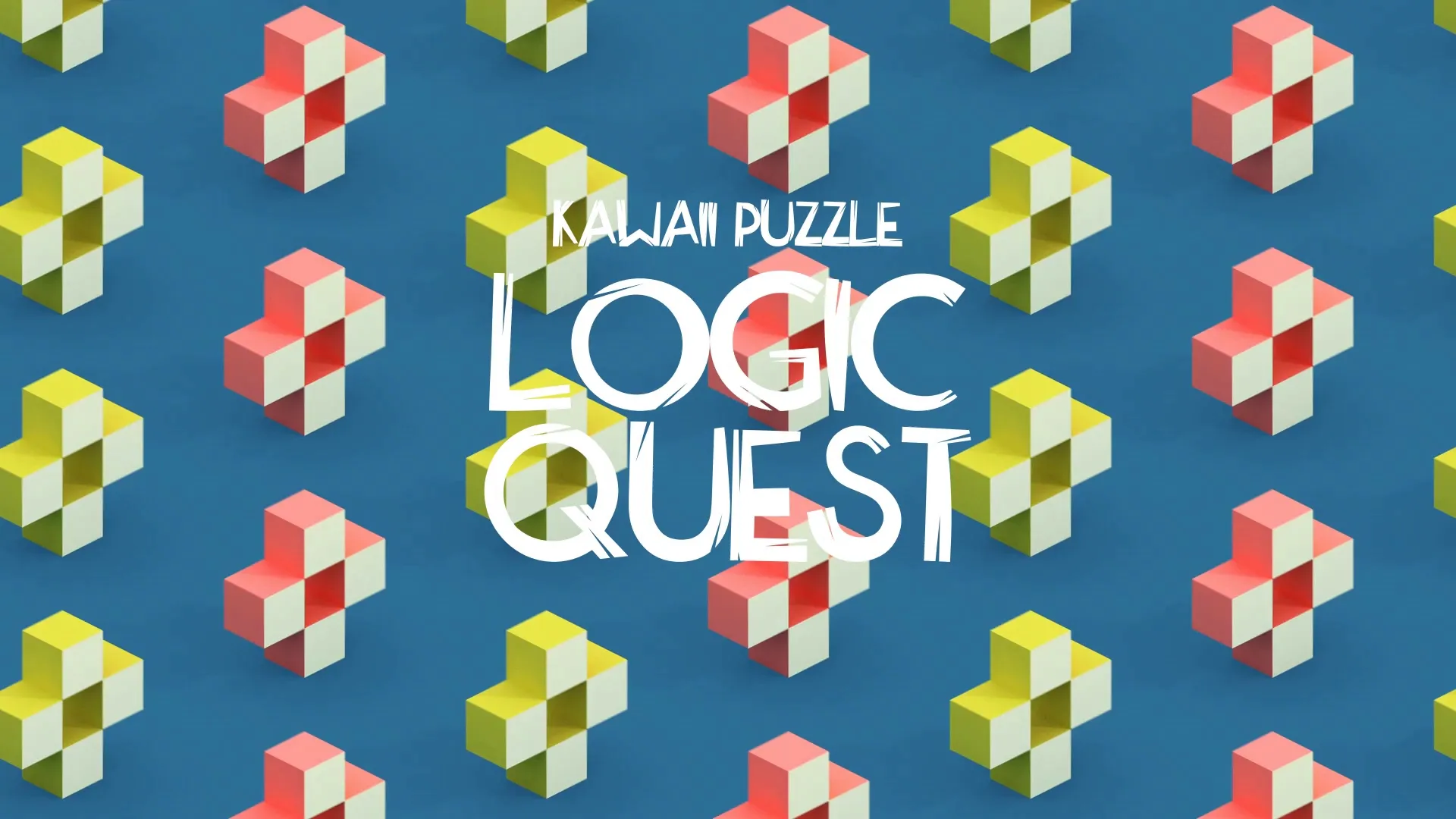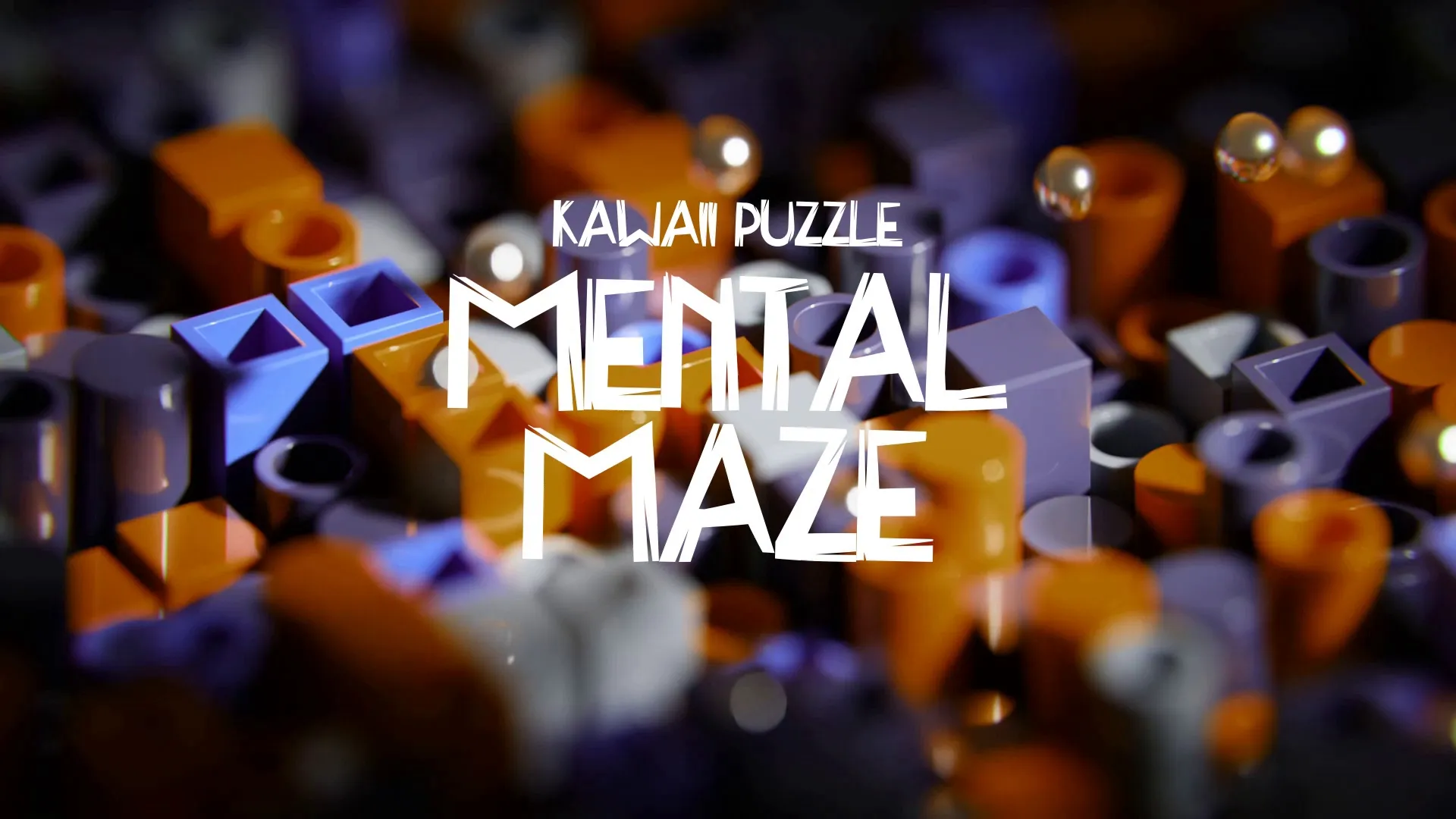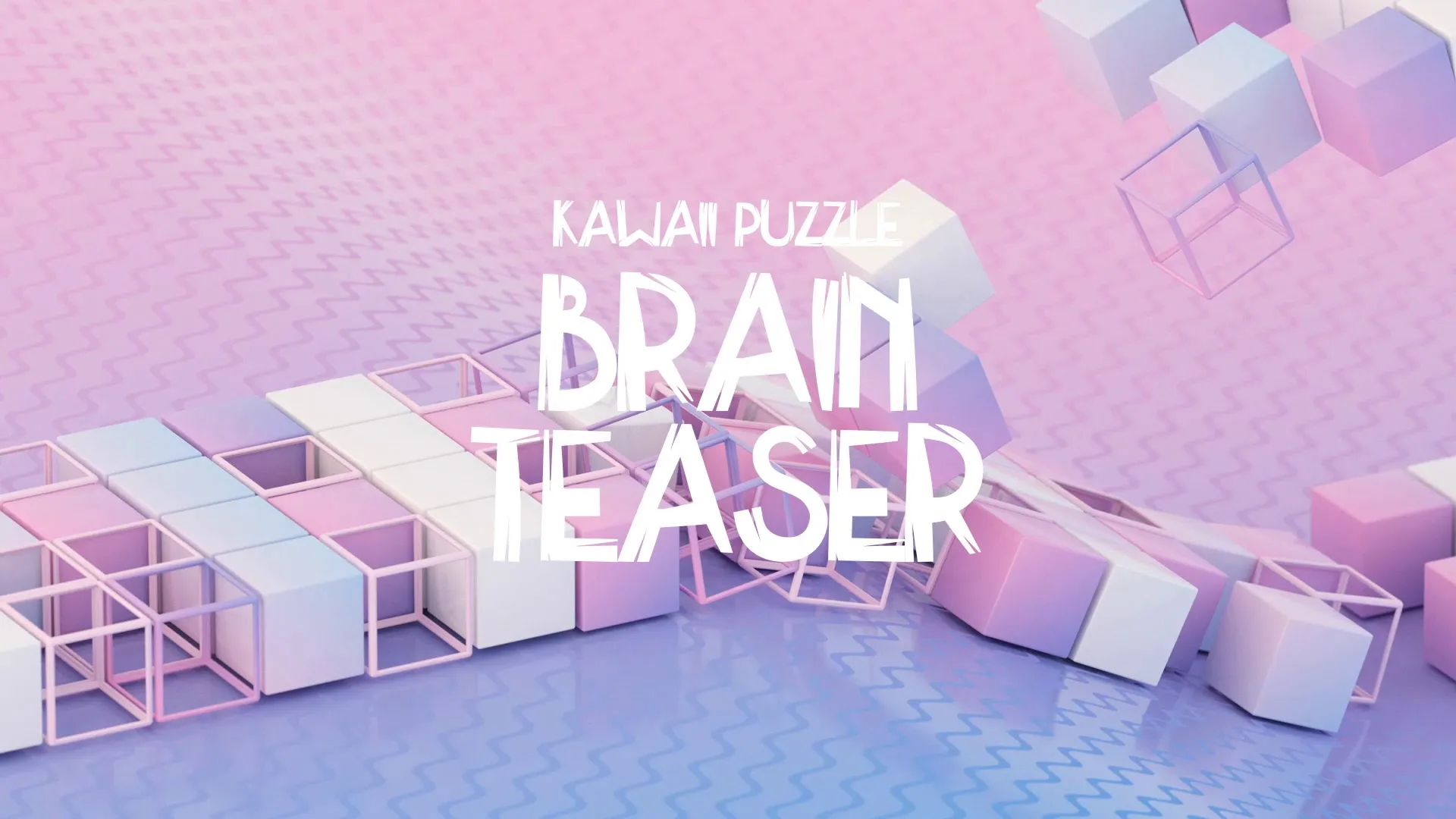AI-Powered Debugging: Smarter Solutions for Game Crashes in Unity and Beyond
Game crashes are a constant source of frustration for developers, disrupting workflows and delaying releases. Traditional debugging can be a time-consuming and labor-intensive process, especially for complex issues. Artificial intelligence offers a transformative approach to diagnosing and resolving these critical problems.
The Challenge of Game Crashes
Crashes often appear as symptoms of deeper, interconnected issues within the game engine or code. Identifying the precise line of faulty code or the specific interaction causing a crash is frequently like finding a needle in a haystack. This complexity is amplified in large projects with multiple systems interacting simultaneously.
AI in Crash Detection and Reporting
AI-powered tools can proactively monitor game sessions, identifying anomalies and potential crash precursors. These systems go beyond simple error logs, using machine learning to detect patterns indicative of impending failures. They can automatically gather comprehensive crash reports, including stack traces, system information, and even player actions leading up to the crash.
This automated reporting significantly reduces the time developers spend trying to reproduce obscure bugs. Efficient bug reporting tools are essential for any development team, providing clear, actionable data.
Root Cause Analysis with AI
Once a crash is detected, AI can assist in pinpointing the root cause. Machine learning algorithms can analyze vast amounts of code and runtime data to identify correlations between code changes, player input, and crash events. This capability is particularly valuable in environments like Unity, where complex script interactions and engine updates can introduce subtle bugs.
AI can suggest potential culprits based on historical data and code analysis, guiding developers directly to problematic areas. This proactive suggestion saves countless hours of manual code tracing.
Predictive Debugging and Prevention
Beyond reactive debugging, AI can move towards predictive analysis. By learning from past crash data, AI models can anticipate scenarios likely to cause future crashes. This allows developers to address vulnerabilities before they manifest as critical issues for players. For instance, an AI might flag a specific asset or code segment that frequently appears in crash reports, even if it’s not the direct cause. Performance optimization, such as Implementing Object Pooling in Unity for Performance, can also indirectly prevent crashes by reducing system strain.
This predictive capability shifts debugging from a reactive fix to a proactive prevention strategy.
Practical AI Tools for Debugging
Several AI-driven solutions are emerging to aid game developers. These range from integrated IDE features that suggest fixes to standalone crash reporting services that leverage machine learning for analysis. Some tools focus on code quality, identifying potential memory leaks or race conditions before they lead to crashes. Others specialize in analyzing player behavior data to understand crash triggers in real-world scenarios.
Common Pitfalls and How to Avoid Them
Integrating AI into your debugging workflow requires careful consideration. One pitfall is over-reliance on AI without understanding its limitations; AI is a tool, not a replacement for human expertise. Another is feeding the AI insufficient or biased data, which can lead to inaccurate diagnoses. Ensure your crash reporting is robust and comprehensive to provide the AI with quality input.
Start by experimenting with AI tools on specific, well-defined problems rather than trying to overhaul your entire debugging process at once. Gradually expand its role as you gain confidence in its capabilities. Managing the workflow around these new tools is also crucial; a task tracker like Momentum can help organize AI-generated insights and follow-up tasks effectively.
The Future of Game Debugging
AI is set to revolutionize game development by making debugging smarter and faster. As AI models become more sophisticated, they will offer even deeper insights into complex system interactions and emergent bugs. Developers who embrace these technologies will gain a significant edge in producing more stable and polished games.
Begin exploring AI’s potential in your projects to reduce development time and enhance game quality. The shift from reactive firefighting to proactive prevention is within reach.
Create a free account, or log in.
Gain access to free articles, game development tools, and game assets.
.webp)
.webp)





















